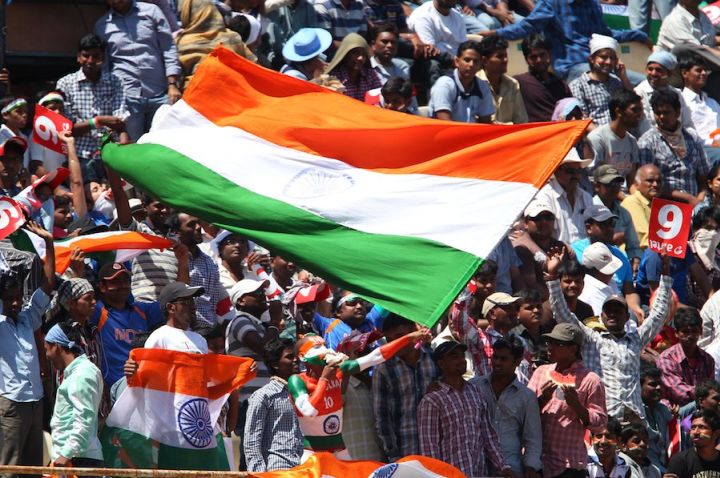What I despise most about fixing
That it distracts me from the real thing and tells me that I am wasting my time, that I'd do better to find other ways to while away the hours

At 9.30am or so on Sunday morning, with the IPL final due to begin at 10.30am, and with babysitting finally arranged, I tried to organise an IPL final-viewing party. I sent out three invitations, by email, text message, Twitter and Facebook. All three were politely declined; one friend was out of town, the other two rightly found my Sunday morning invitations a little too late. What a drag. I wasn't upset about watching cricket alone; I've been doing just that for over 25 years now. What I really wanted was a chance to talk about fixing, to vent a bit, to spin out a few conspiracy theories, to tell a few morality tales, to imagine possible futures involving lifetime suspensions, jail terms, resignations, whistle-blowing, independent commissions of investigation and so on.
But even if my little IPL-fixing gossip extravaganza had worked out, what would have transpired would have been unfortunate. A game of cricket would have been on, and three serious fans - all cricket bloggers and writers - would have been talking about anything but. In short, that most wretched of situations for a sports fan would have been allowed to transpire: the happenings on the ground would have been overshadowed by what happened off it, so much so that the actual sporting action would seem to be a mere epiphenomenon of the truly important substrate. The IPL final did seem very much like a diversion; it was supposed to have been the main event, but instead it had become a sideshow.
As a sports fan who likes to think of himself as a member of the "serious" class of that demographic, I enjoy embedding sport in its broader social, cultural, economic and political contexts; indeed, it is these contexts that elevate sport above mere coordinated physical exertion and give it its most resonant and rich meanings. Such a placement in context does a great deal to enhance and make richer my appreciation of the on-field endeavours of those who play the game; I track my growth in maturity as a fan as correlating quite closely with the increasing attention I paid to cricket's history, economics and culture. Taking one's eyes off the on-field action to look behind and around is thus a crucial aspect of understanding it better.
But these broader inquiries should never make us lose sight of the bare bones of the game, the basic bat-on-ball stuff. When that happens, we have been distracted adversely and our attention, supposedly meant for the game, has been consumed elsewhere. We aren't being fans of the game any more; we have been suckered into something else altogether.
My resentment and frustration about the latest fixing scandal to strike cricket is grounded not just in in a very real weariness about the unending capacity for stupidity and greed on the part of cricket's players and managers. (Killing golden geese is always tempting; too many seem to have succumbed recently.) It is a reaction, too, to fixing's insidious ability to make cricketing action seem like a bizarre simulacrum of the real thing, to render ersatz that which I need to believe real in order to sustain my fanhood.
What I despise most about fixing is that it slaps me upside the head and tells me I'm wasting my time, that I'd do better to find other ways to while away the hours, that I should just move on, for there is no cricket here to be seen.
Samir Chopra lives in Brooklyn and teaches Philosophy at the City University of New York. He tweets here
Read in App
Elevate your reading experience on ESPNcricinfo App.